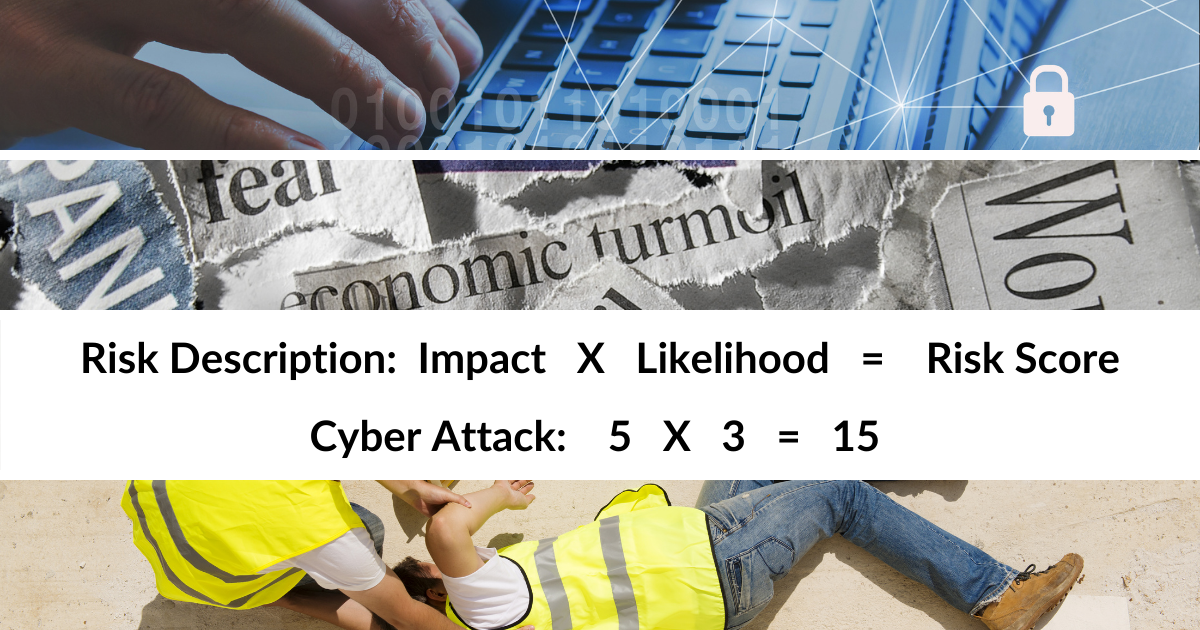What Companies Need A Crisis Plan Part 3: Consumer Product Companies
 Why Consumer Product Companies Need Stronger Crisis Planning
Why Consumer Product Companies Need Stronger Crisis Planning
You have probably seen the video for Dove soap that caused a social media firestorm in early October.
The first frame shows a dark-skinned woman in what appears to be a bathroom, a bottle of Dove body wash in the lower right-hand corner of the frame.
In subsequent frames, the woman reaches down and lifts up her shirt (and apparently the rest of her skin/costume) to reveal a smiling white woman.
Dove, which has a distinguished history of thoughtful advertising, apologized and admitted the video ‘had missed the mark’.
In this series of blogs, we are looking at industries which have the most reasons to make sure that crisis planning is a budget priority for 2018.
The first two blogs in the series examined the causes for concern for financial services and airlines. In this one we look at consumer products companies – particularly those who take on social issues as part of their brand message.
That strange Dove misstep brought to mind the infamous Pepsi short film featuring Kendall Jenner earlier this year.
In the commercial, Jenner is seen leaving a photo shoot to stop a political protest by handing a policeman a can of Pepsi. The clip received massive amounts of backlash from viewers who felt it was making light of police brutality and trivializing the Black Lives Matter movement to sell sodas.
Wired magazine wryly observed that the film had indeed united people – the entire internet agreed on how tone-deaf Pepsi had proved to be.
Even before Dove and Pepsi stumbled when trying to link arms with important social issues, there was the 2015 example of Starbucks and its ‘Race Together’ initiative.
Starbucks' campaign encouraged baristas to write "#racetogether" on coffee cups and talk about racial tension with customers.
It was a massive failure. Critics branded it as insensitive and tone-deaf, and it was mercilessly lampooned on late night TV.
However, there is a reason that brands are venturing into dangerous territory and embracing controversial social and cultural ideas.
Consumers want them to do so.
More than half of consumers now make purchase decisions based on their beliefs, according to a recent study by top PR agency Edelman.
In a press release, Edelman said that not only did the survey underline a rising consumer expectation that brands will help solve societal problems, “but also spotlights an enormous opportunity for brands that heed this call to gain new buyers and realize stronger consumer relationships more quickly.”
To make that point even clearer.
You sell more stuff if your brand stands for something. It’s often called ‘purpose marketing’.
But the risks are huge. Dove, Pepsi and Starbucks are all smart at marketing and have won acclaim for their campaigns. But it only takes one tone-deaf idea to bring on the social media hordes.
And for every group of consumers on one side of a cause - there will be others on the opposite of the cause.
So, more than any other industry, consumer products companies need an up-to-date, sophisticated issues and crisis plan enabled by technology. A plan that allows them identify and anticipate issues, as well as respond quickly and effectively when the worst happens.
If that is not happening at your company or client, then you have an urgent budget priority for 2018.









